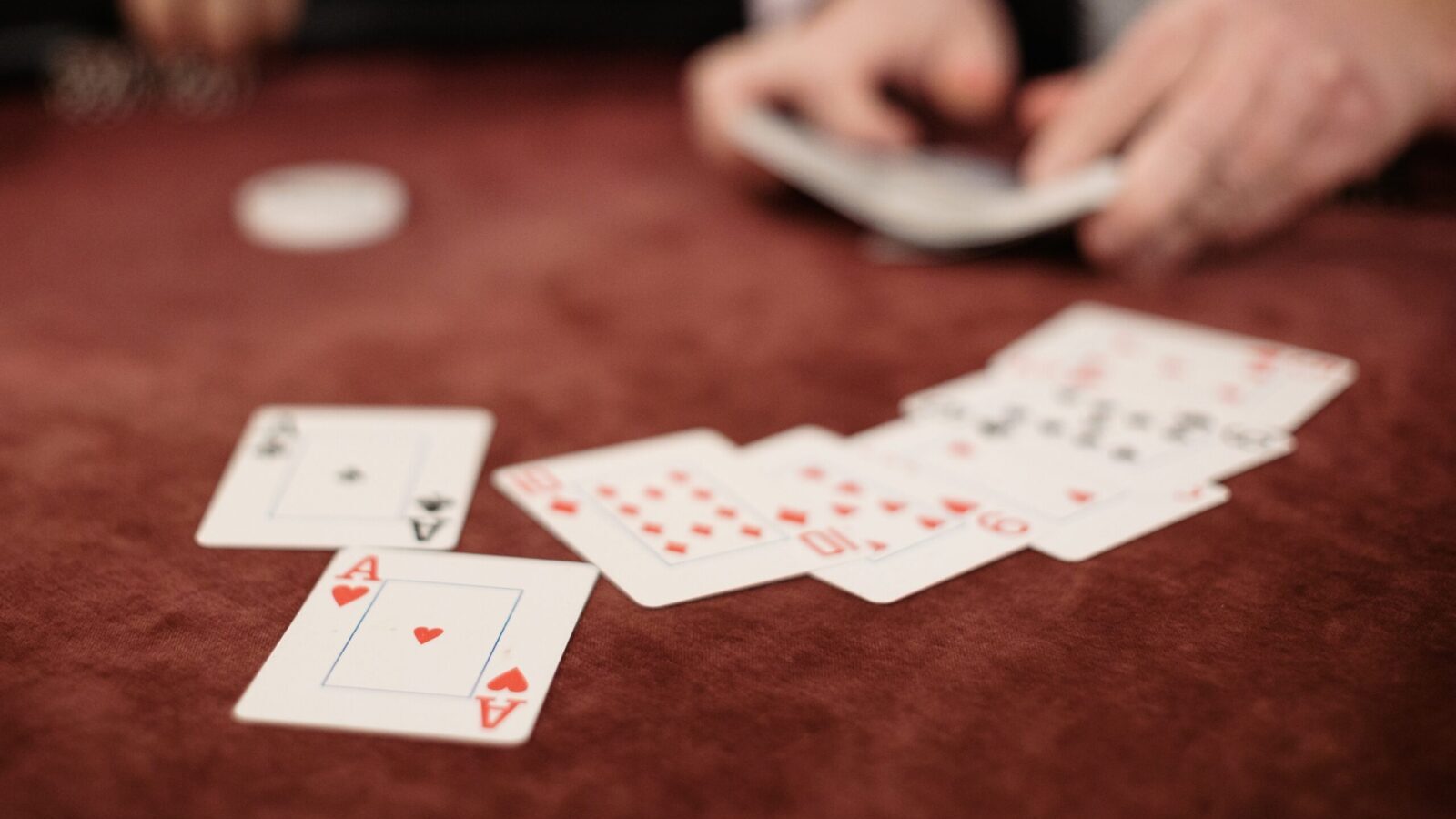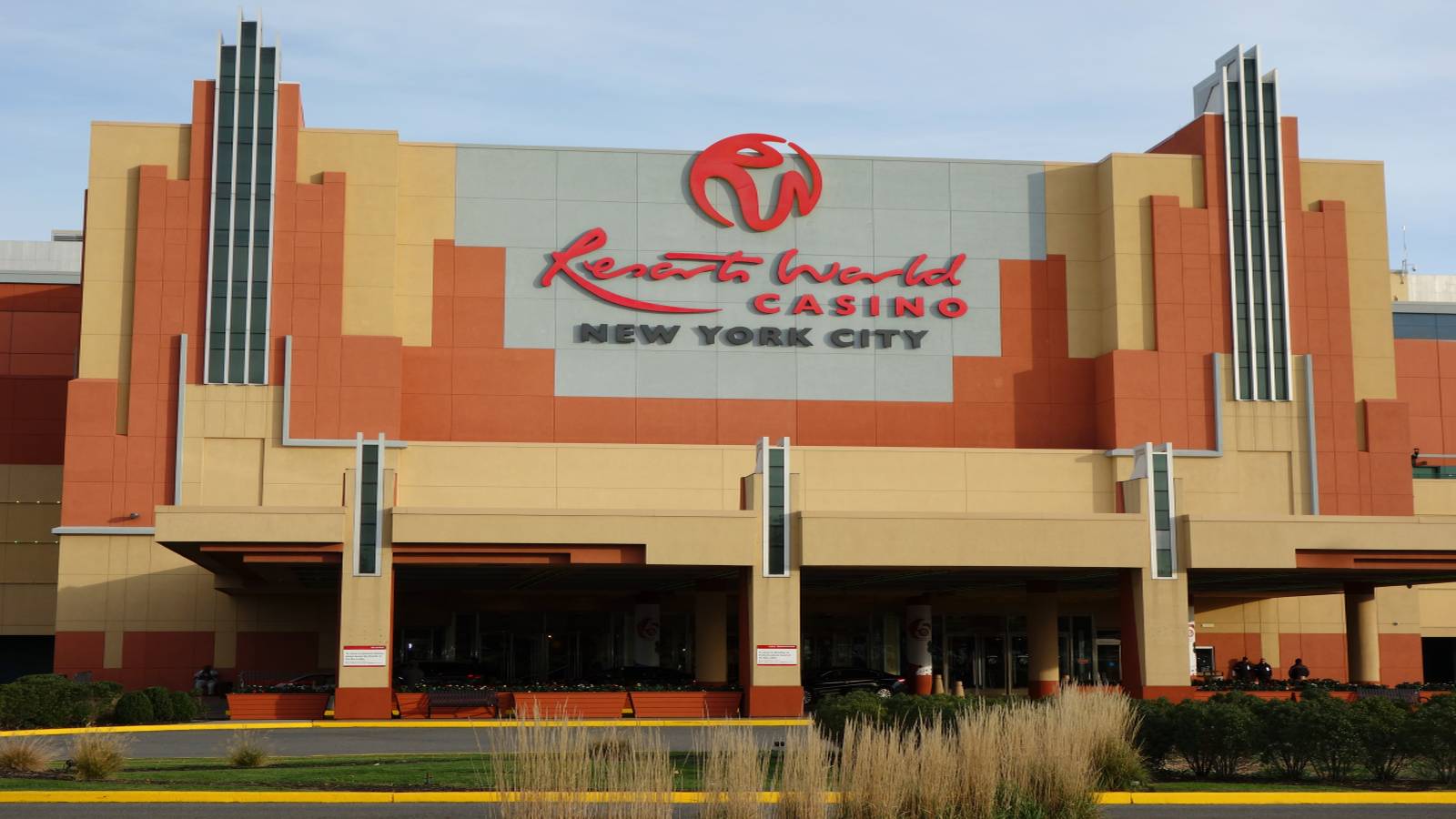Popular Poker-esque Game Balatro Banned From Gambling Use By Developer
‘Balatro IP may never be sold or licensed to any gambling company,’ creator says
2 min

In a clear statement on the social media platform X (formerly known as Twitter), Canadian game developer LocalThunk is taking a stand against gambling as it pertains to one of his creations. He declared that the intellectual property of his popular game Balatro, which has a quasi-poker feel to it, will never be allowed to be used for gambling purposes.
LocalThunk, who enjoys his anonymity, elaborated in his post that his will explicitly stipulates that the game’s IP can never be sold or leased to any casino or gambling company posthumously. This measure is intended to preserve the integrity and original vision of the game, ensuring that it remains a source of entertainment rather than a tool for gambling enterprises.
The gameplay of Balatro involves a series of “antes” (a common poker term), or groups of three rounds of poker, where players strive to score enough points to proceed. The game’s structure allows for strategic decision-making, as players can enhance their deck with various items that alter the rules, adding layers of complexity and replayability.
Each round in Balatro is a battle of wits and luck, as players must outscore the “blinds” (another common poker term) by creating high-scoring hands from their deck. The game features a variety of poker hands, from the simple high card to the elusive straight flush.
The higher the hand’s rank, the more points — or chips — the player earns. This scoring mechanic is crucial for defeating the “Boss Blind,” the ultimate challenge in each ante, which requires a combination of strategy, risk assessment, and a touch of fortune to overcome.
Since its release in February, the game rapidly achieved significant success. It generated $1 million in its first eight hours and surpassed one million copies sold within its first month.
More Big Two than poker
Despite the apparent similarities to poker, LocalThunk has emphasized that Balatro’s mechanics are heavily inspired by Big Two, a traditional card game often played in East Asia. In Big Two, the entire deck is dealt out to the players, typically two to four. The primary objective is to be the first to play all of one’s cards. This involves a strategic combination of single cards, pairs, and various ranked groups of cards, much like in poker, but with a different overarching strategy and gameplay style.
LocalThunk’s decision to prevent the use of Balatro’s IP for gambling purposes is rooted in his commitment to maintaining the game’s original ethos. In his social media posts, he stressed the importance of keeping the game fun and accessible for all players.
Balatro’s unique blend of poker and Big Two elements has garnered a loyal fanbase that appreciates the strategic depth and engaging gameplay.
The game’s success as a single-player experience is indicative of a broader trend in the gaming industry, where players seek out games that offer complex, thought-provoking challenges without the pressure of financial stakes. LocalThunk’s commitment to this ethos is evident not only in the game’s mechanics but also in the legal safeguards put in place to protect the game’s future.





